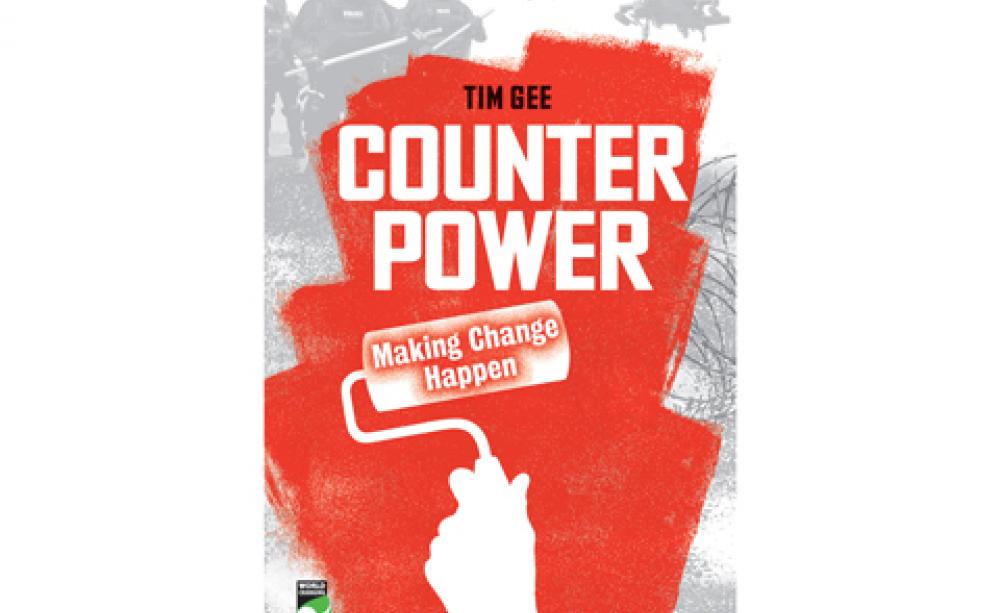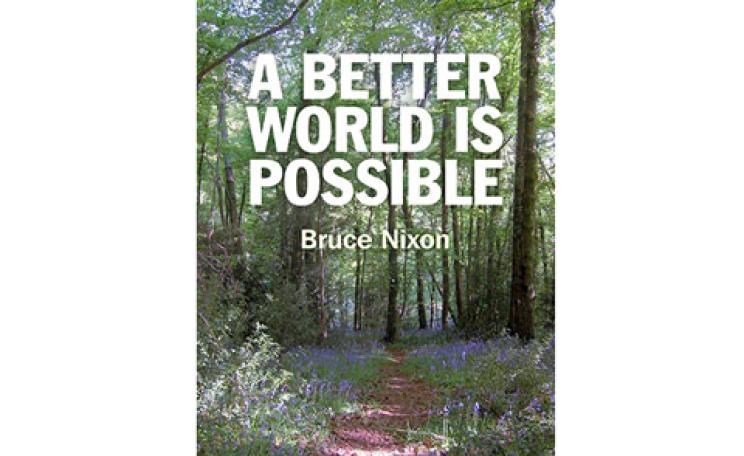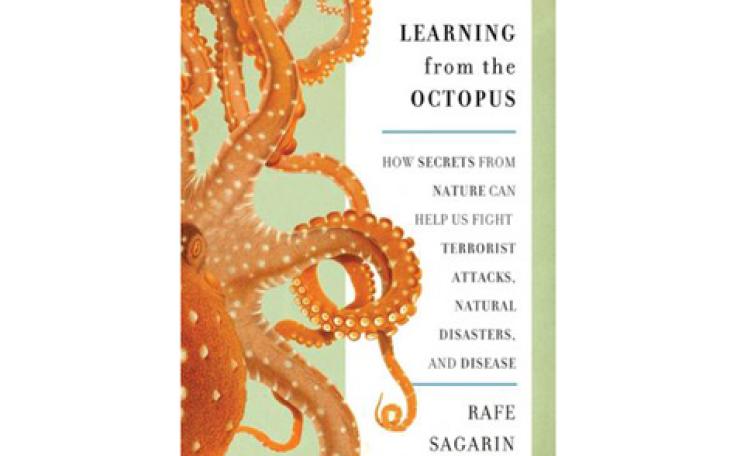Tim Gee’s Counterpower could not have been published at a more appropriate moment. We are living through a period of profound change. From the Occupy protests to the Arab Spring, political movements are occurring on a scale and consistency that has not been seen for a generation, with governmental power being challenged across the globe. Counterpower’s mission is to map political movements and understand how change happens, to ‘delve into the archive of history and try to learn from movements past to understand better what makes a campaign successful.’ Tim Gee’s assiduously researched work covers a wide spectrum of notable events from recent history and reveals fascinating shared characteristics between them, no matter what the original cause. ‘What struck me was how almost every major campaigning movement of the past seemed to have the same debates that we are still having today,’ he muses. ‘Do demonstrations make a difference? How important is the sympathy of the mainstream media? Does law-breaking help or hinder campaigning?’
Rather than becoming a taxonomy of political movements, Counterpower focuses its arguments on the key, shared characteristics that unite political movements. By adopting this approach, he neatly provides a framework for the morass of loose and imprecise rhetoric that so often surrounds political debate. To do this, Gee examines the notion of what power actually is, both in the linguistic and physical senses – in other words, how governments and elite groups exercise their power over people. In response, people and movements have ‘counterpower’ at their disposal, which Gee splits into three main categories: Idea Counterpower, Economic Counterpower, and Physical Counterpower.
Idea Counterpower, Gee explains, challenges common thought, which is established by a ‘cabal of sycophants, conservatives and beneficiaries, who have woven together a veil of philosophical legitimacy.’’ What a culture believes is what it has been told to believe. So the notion of Idea Counterpower is the ‘promotion of an antithesis’, which is ‘not only about informing people of events, but also about inspiring a change in worldview.’ Economic Counterpower therefore seeks to remove or bypass economic support for a particular institution of power. This can be anything from boycotting certain products, refusing to pay (Margaret Thatcher’s Poll Tax for example), forming co-operatives, or even simply striking and refusing to work, using the withdrawal of labour as a weapon. One of the most potent examples of this, Gee says, was Gandhi’s Salt March. Indians were unable to make their own salt under a British regime that monopolised production. Gandhi led an epic 240-mile march to the coast in order to make his own salt, taking with him tens of thousands of Indians, contributing - among other key moments - to India’s eventual independence from Britain.
Finally, Gee examines the notion of Physical Counterpower. This is perhaps the one that springs to mind first when we think of movements: people gathering to stand or sit in protest with barricades being erected to prevent access, as was seen at the road protests in the UK. Such images make good TV but they are part of an ancient right that has been exercised by citizens for millennia. Once this groundwork on the notion of power and counterpower is established, Gee applies his theory to the key political movements of the 20th century. From Indian independence to apartheid-era South Africa, the Vietnam War, the Arab Spring and the global justice movement: the different forms and guises of counterpower are showcased to full effect.
The relative successes and failures are examined case by case, while Gee draws parallels between global movements together - creating a comprehensive narrative in the process. Frequently, he returns to Gandhi’s famous saying: ‘First they ignore you, then they ridicule you, then they fight you, then you win.’ The ‘they’ in question being, of course, any government or institution of power. It’s both comforting and disturbing to see that Gandhi’s maxim can be applied to nearly any political struggle. Gee’s narrative forms an uplifting reminder of the sacrifices of the past and reiterates the fact that we weren’t simply born into the world in which we live. Every liberty we enjoy, every right we possess is down to the political actions of past campaigns.
Gee turns the experiences gained in past campaigns into an interesting strategy for winning future ones, albeit in a theoretical way. History’s lessons are translated into philosophical justification for those engaging in modern day activism and as a result, Gee’s work is truly inspirational. It’s marvellously well researched and written in approachable style, while providing context for current issues. By focusing on ‘power’ – the entity that connects the dots between all movements that have campaigned for greater equality, democracy or peace - Gee has presented an incredible framework for understanding politics on the street. Counterpower is essential and exhilarating reading for anyone who wants to change the world.
Counterpower: Making Change Happen by Tim Gee (£9.99, NEW INTERNATIONALIST) is available from Amazon
Mark Newton has a degree in Environmental Science and is a genre novelist for Pan Macmillan. He blogs at markcnewton.com, or you can find him on Twitter at twitter.com/MarkCN
| READ MORE... | |
 |
REVIEW Fast Forward: Ethics and Politics in the Age of Global Warming Their grasp of science can’t be faulted but William Antholis and Strobe Talbott need to offer solutions too, says Mark Newton |
 |
REVIEW An Iceberg as Big as Manhattan David Shukman’s book is both an entertaining collection of a journalist’s tales and the perfect introduction to the environmental challenges facing the world today, says Gervase Poulden |
 |
REVIEW Naked Fashion: The New Sustainable Fashion Revolution Showing fashion at its worst while providing upbeat solutions is a tough call but Safia Minney has achieved it with Naked Fashion, says Ruth Styles |
 |
REVIEW Dark Mountain Issue 2 The dystopian take on the environmental movement provided by Dark Mountain’s second anthology, is a wonderful, if disturbing, read says Mark Newton |
 |
REVIEW Virtual Water: Tackling the Threat to Our Planet's Most Precious Resource According to Tony Allan, overuse of water is an environmental crisis in the making. So why, asks Mark Newton, aren't we doing something about it? |







